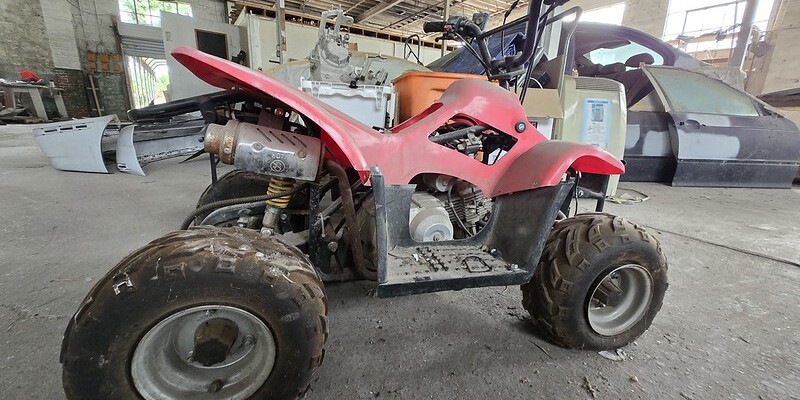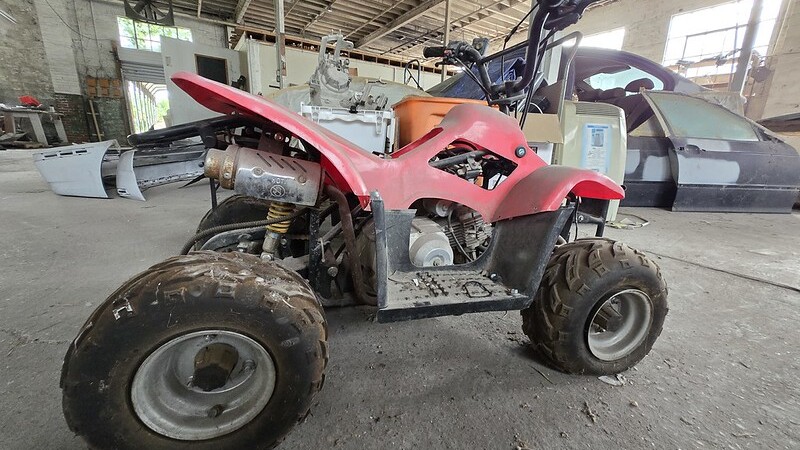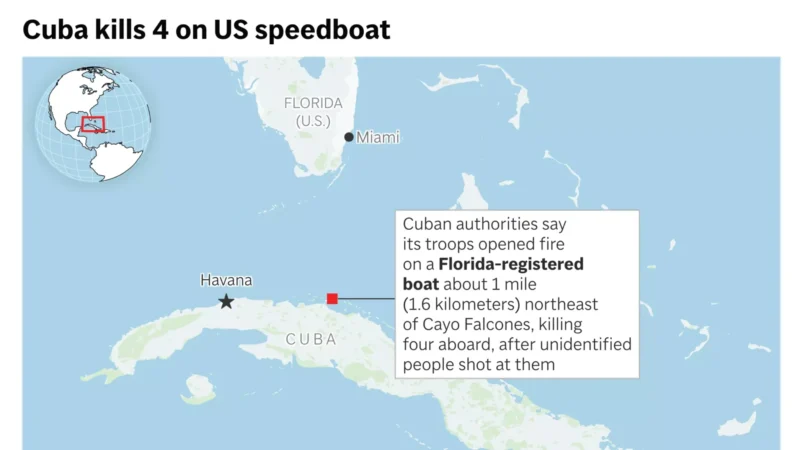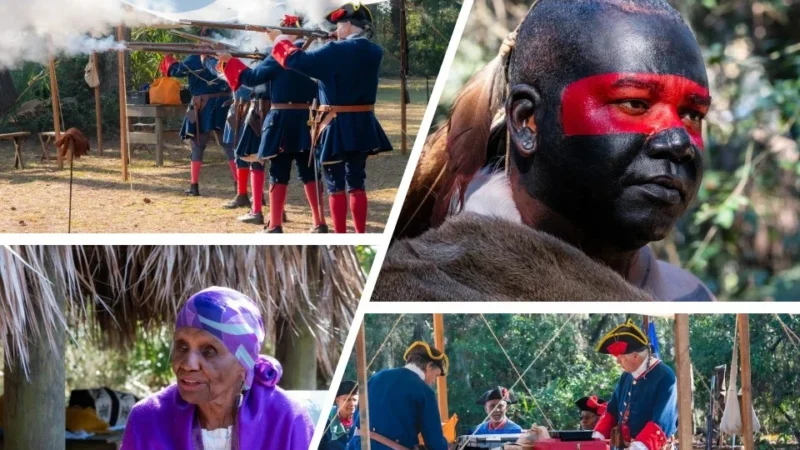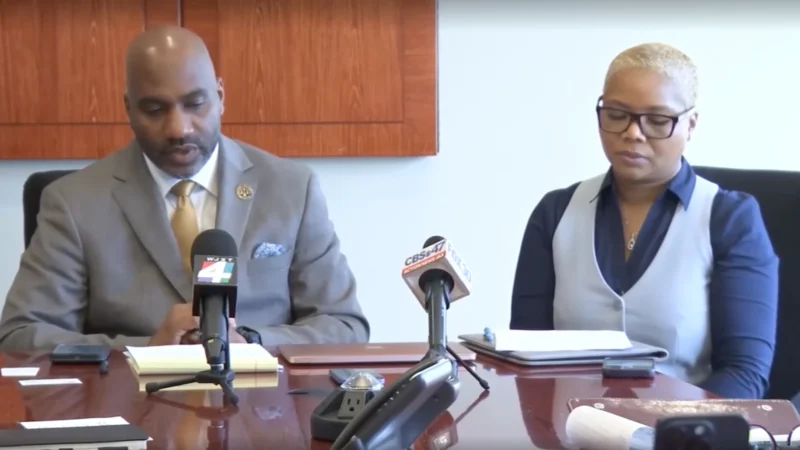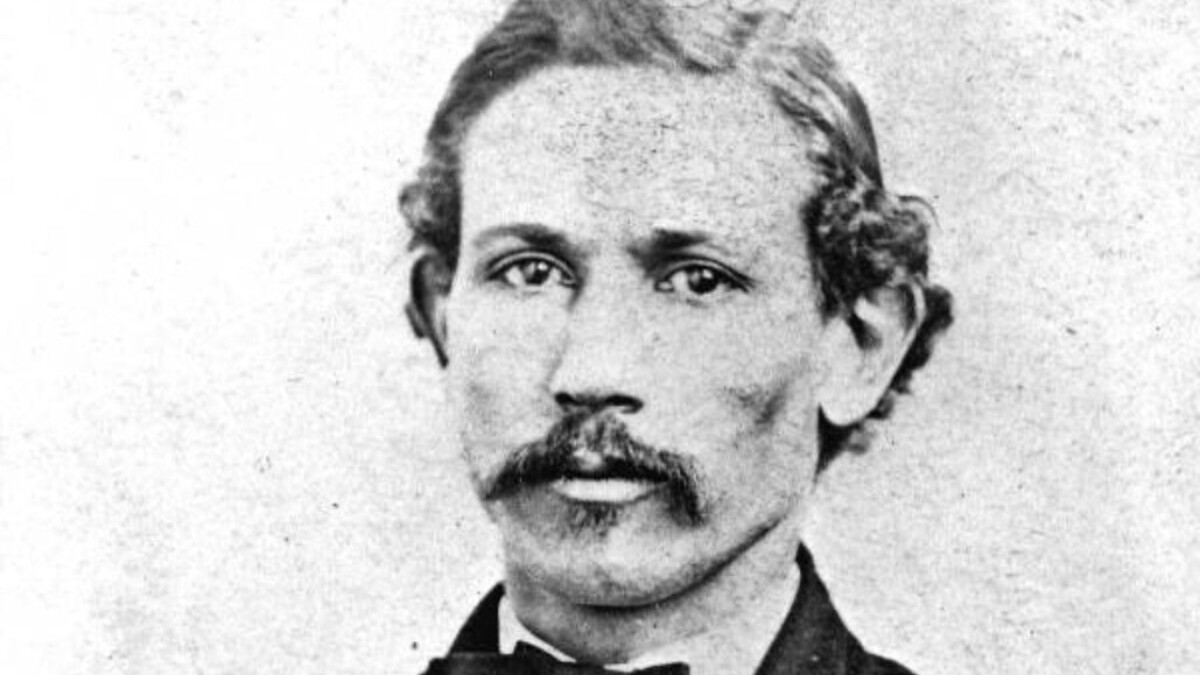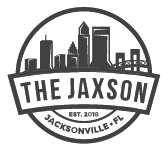
For nearly a century, Duval Laundry stood not just as a place of work but as a pillar of community life and progress in Jacksonville. Now poised for new and exciting uses, here is a look into its past and a glimpse of what remains inside the old massive laundry plant today.

In 1901, Thomas Hilditch founded the Hilditch Steam Laundry on Washington Street, near Jacksonville’s Old City Cemetery. By 1915, Hilditch had partnered with Thomas Burroughs to construct a large, modern laundry facility at 413 E. 9th St. in Springfield, adjacent to a prominent lumber mill operated by the J.C. Halsema Manufacturing Co.
The business was renamed Duval-Hilditch Laundry and became known for its convenient pick-up and delivery service. At the time, clothes were transported using horses and wagons and were packed neatly into collapsible wooden crates rather than being hung. Following Hilditch’s passing in 1924, the Burroughs family assumed full control and, in 1930, rebranded the operation as Duval Laundry.
During the 1930s, Duval Laundry pioneered the use of the zoric dry cleaning method in Jacksonville. This innovative process used a non-flammable, non-shrinking and odorless solvent, offering a more effective clean than traditional methods without additional cost to the customer. The company transitioned from horse-drawn wagons to motorized trucks in the early 1920s. By the late 1940s, it became the first laundry service in the Southeast U.S. to equip its delivery trucks with radios, allowing drivers to be instantly notified of new customer requests.
By 1957, Duval Laundry had grown into a major enterprise, employing 300 workers and operating a network of branch stores under the name Dixie Dry Cleaners. At its peak, the company serviced commercial accounts stretching from Brunswick, Georgia, to Lake City, Florida.

Duval Laundry served as an economic anchor for the surrounding neighborhoods. Many of its longtime employees were African American residents of the Eastside, and the company provided stable employment for generations. Among them was Josephine Green Riley, who worked at Duval Laundry for 40 years. Her son, John Riley, was also deeply connected to the community.
On October 31, 1969, John Riley was shot on Florida Avenue. Though he survived the incident, the shooting triggered widespread unrest. Chaos unfolded rapidly, fires consumed multiple buildings, others were looted, and rioters shattered windows throughout the area. Vehicles were torched, a police officer was struck by a brick, and two other people were wounded by gunfire.
The disorder overwhelmed local authorities, and Mayor Hans Tanzler initially struggled to restore control. Ultimately, heavy rains helped suppress the unrest. In its aftermath, 11 people were arrested, with 10 charged for defying police orders and using profane language. The events marked a turning point for Florida Avenue, which would never fully recover its former vitality.

Despite the upheaval, Duval Laundry continued to operate successfully for several more decades. However, by the 1990s, what had once been a modern, state-of-the-art facility had become outdated. High utility costs and aging equipment made operations increasingly unsustainable. In 1997, after 96 years in business, Duval Laundry closed its doors permanently, resulting in the layoff of 50 employees. Reflecting on its final days, plant owner Richard McFarlin remarked, “Our equipment was so old, the utilities just killed us.”
Following its closure, parts of the 64,709-square-foot plant were leased to various tenants, including an auto repair shop.
Now, nearly three decades later, the historic site may be poised for a revival. Recently acquired by Price Real Estate Services, LLC, a fourth-generation boutique firm with Springfield roots dating back to the early 1900s, the building is being eyed for rehabilitation and adaptive reuse, potentially welcoming a new mix of tenants.
Today, much of the original machinery remains in place, a silent testament to a bygone era when Duval Laundry played a central role in the life and economy of Jacksonville’s Eastside.
Inside Duval Laundry today




















